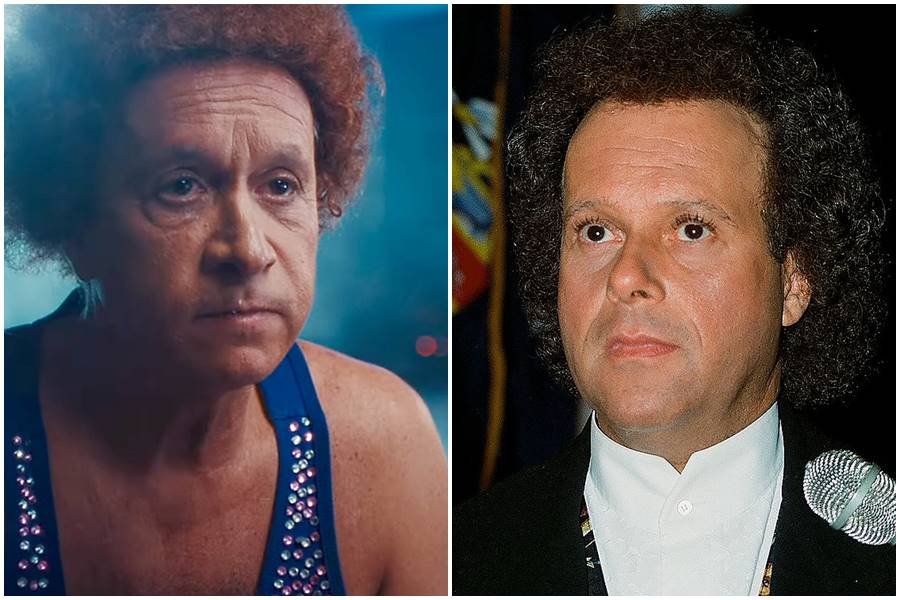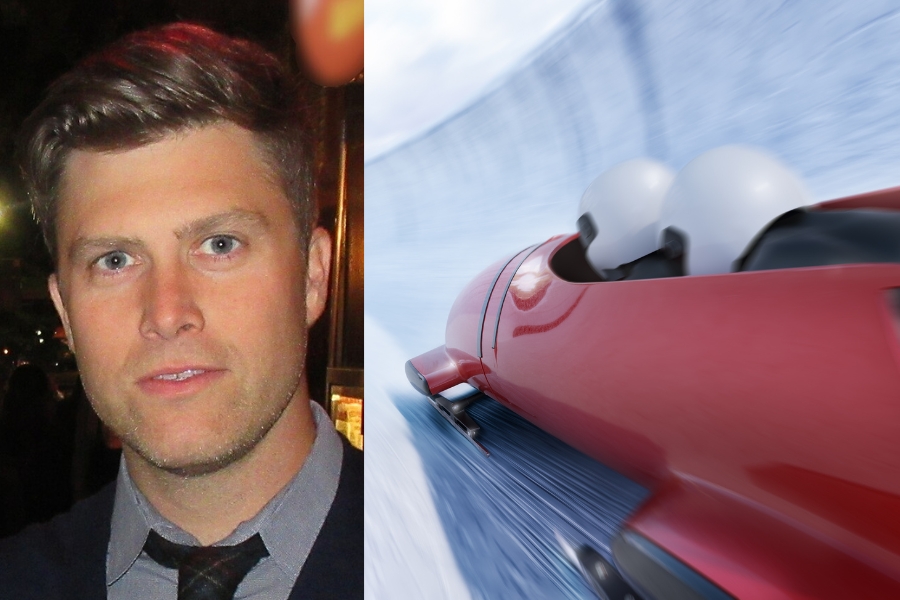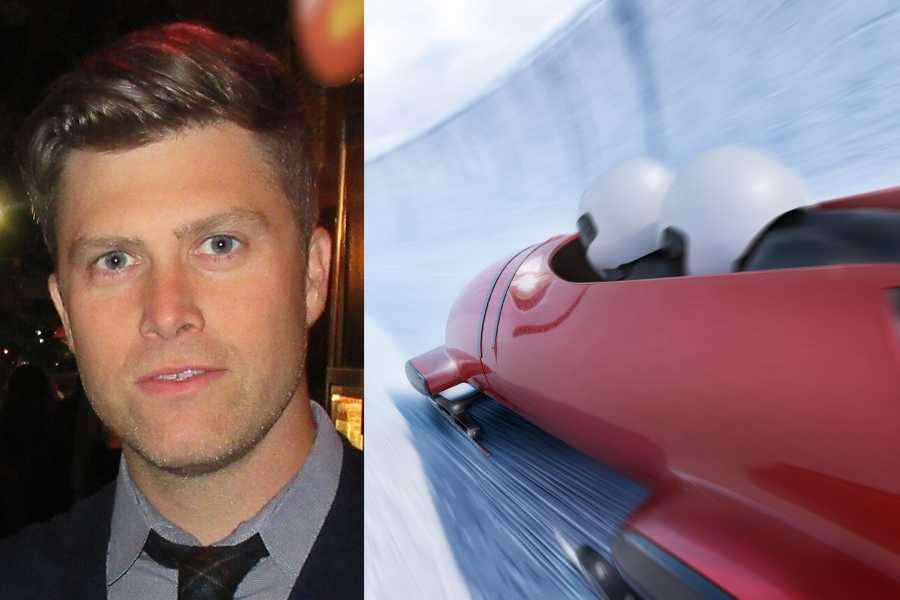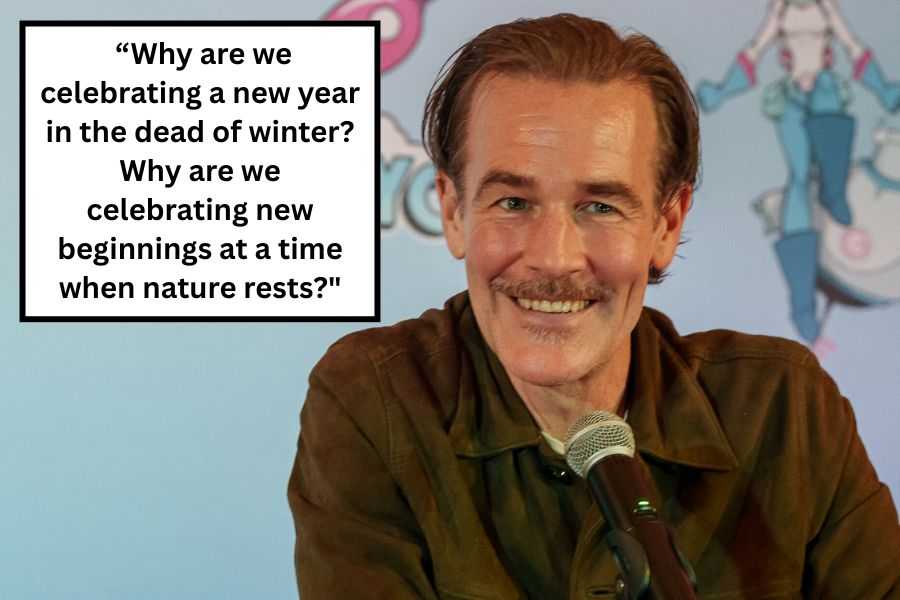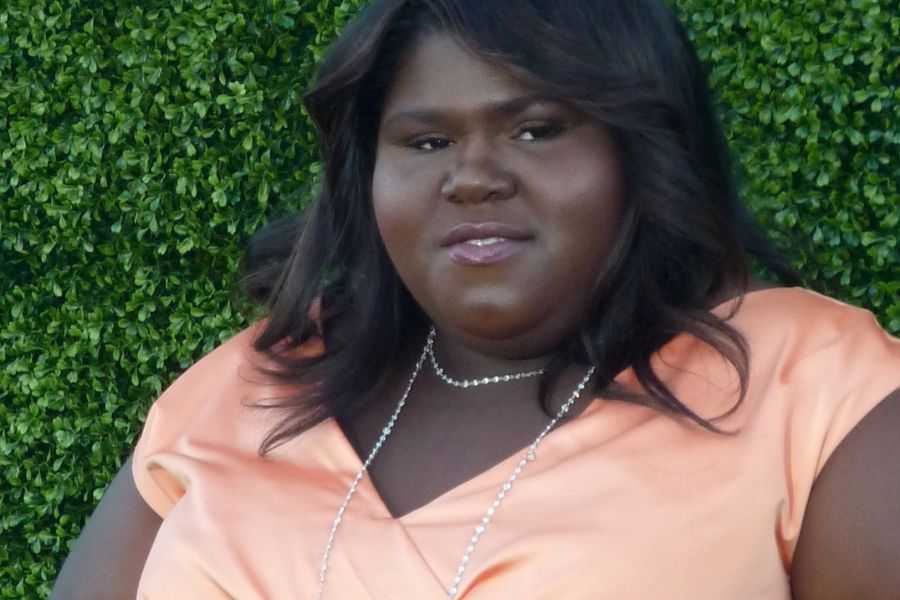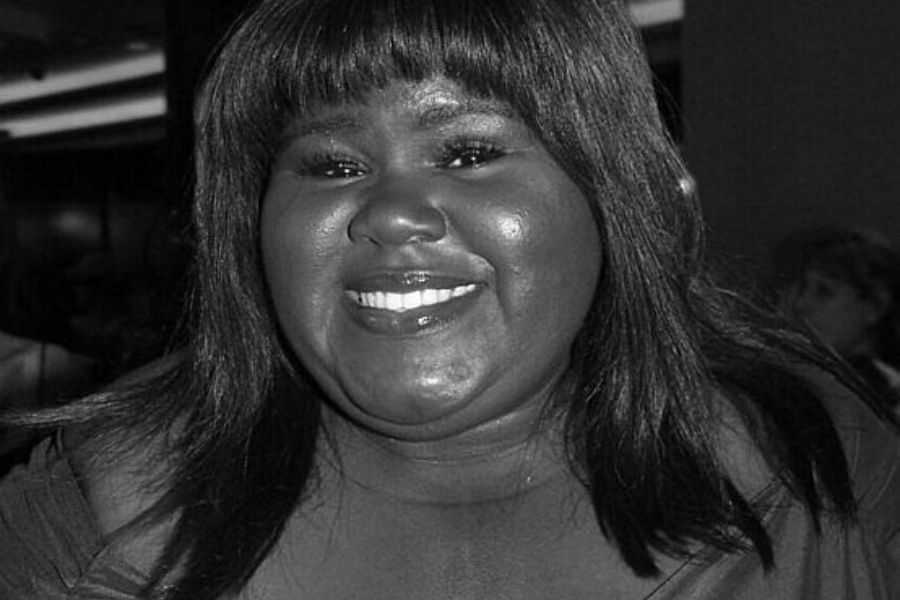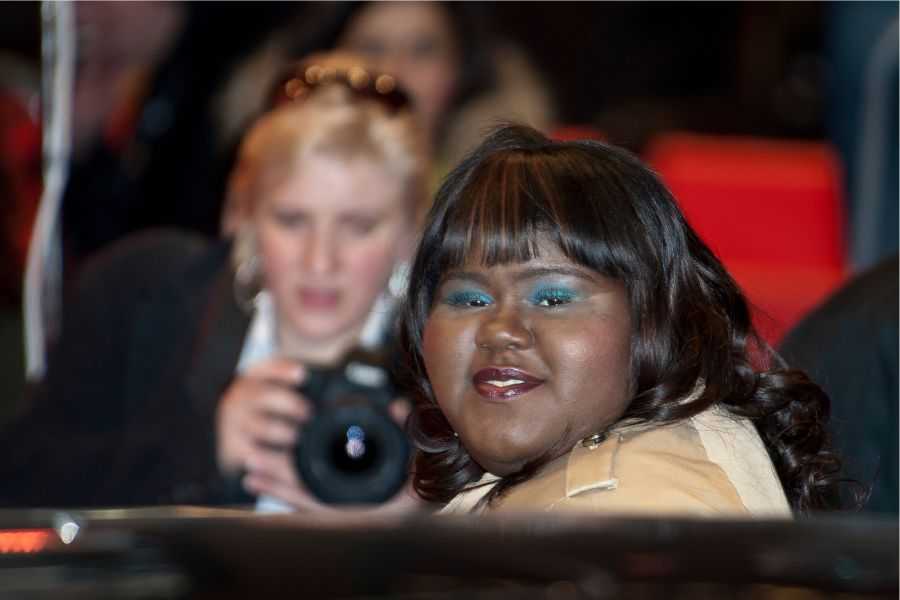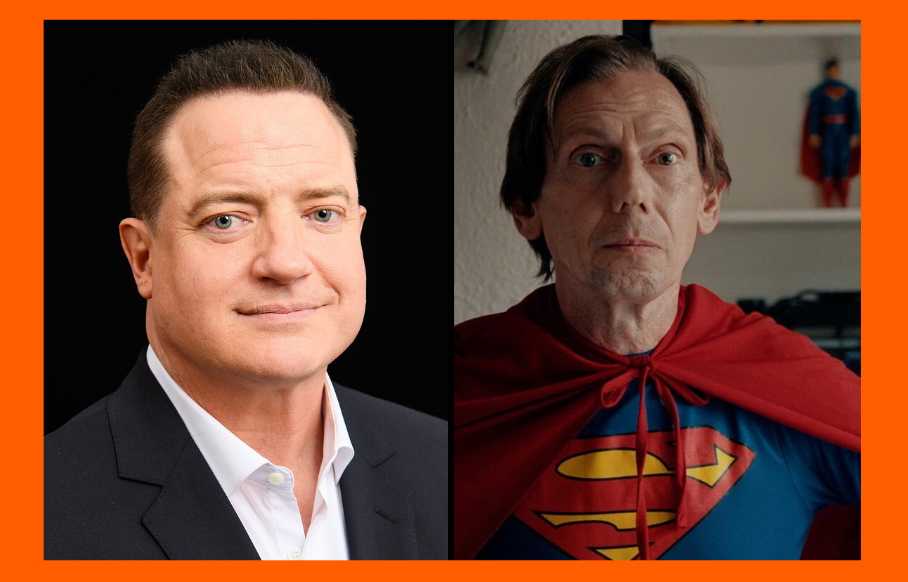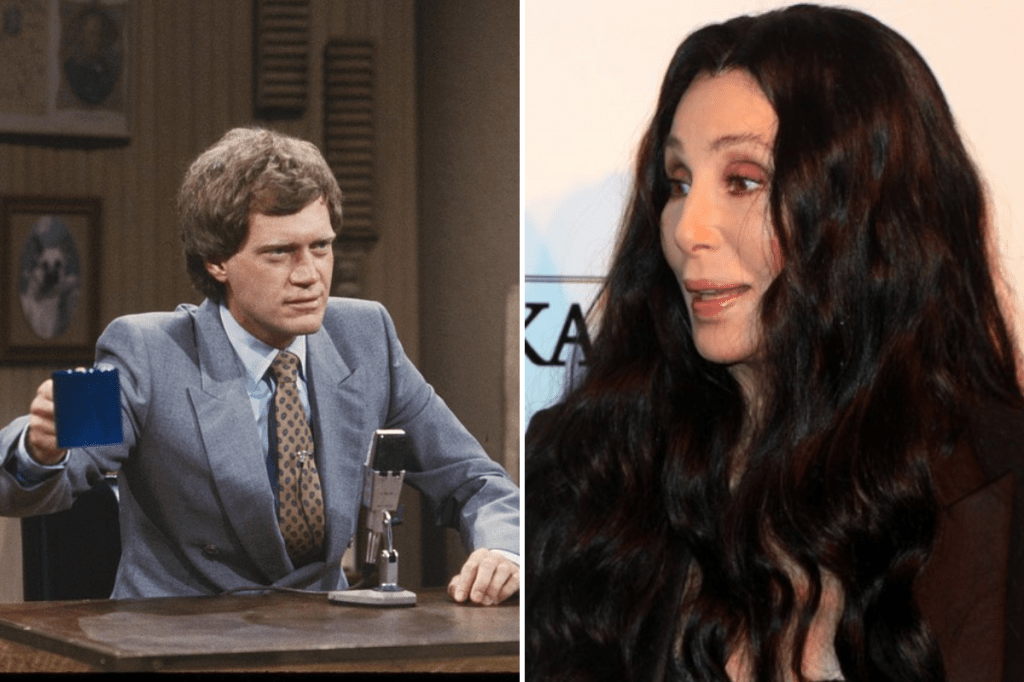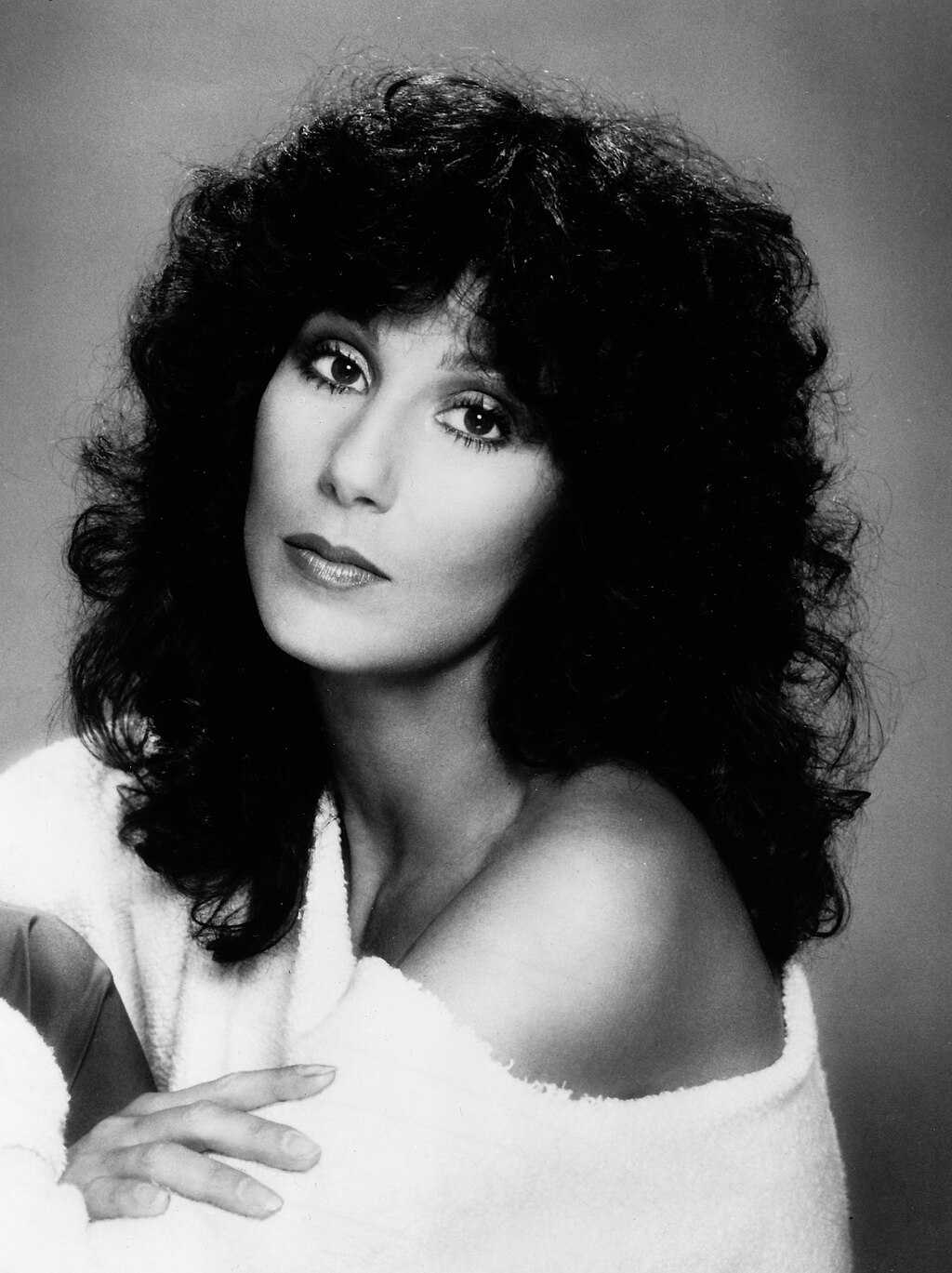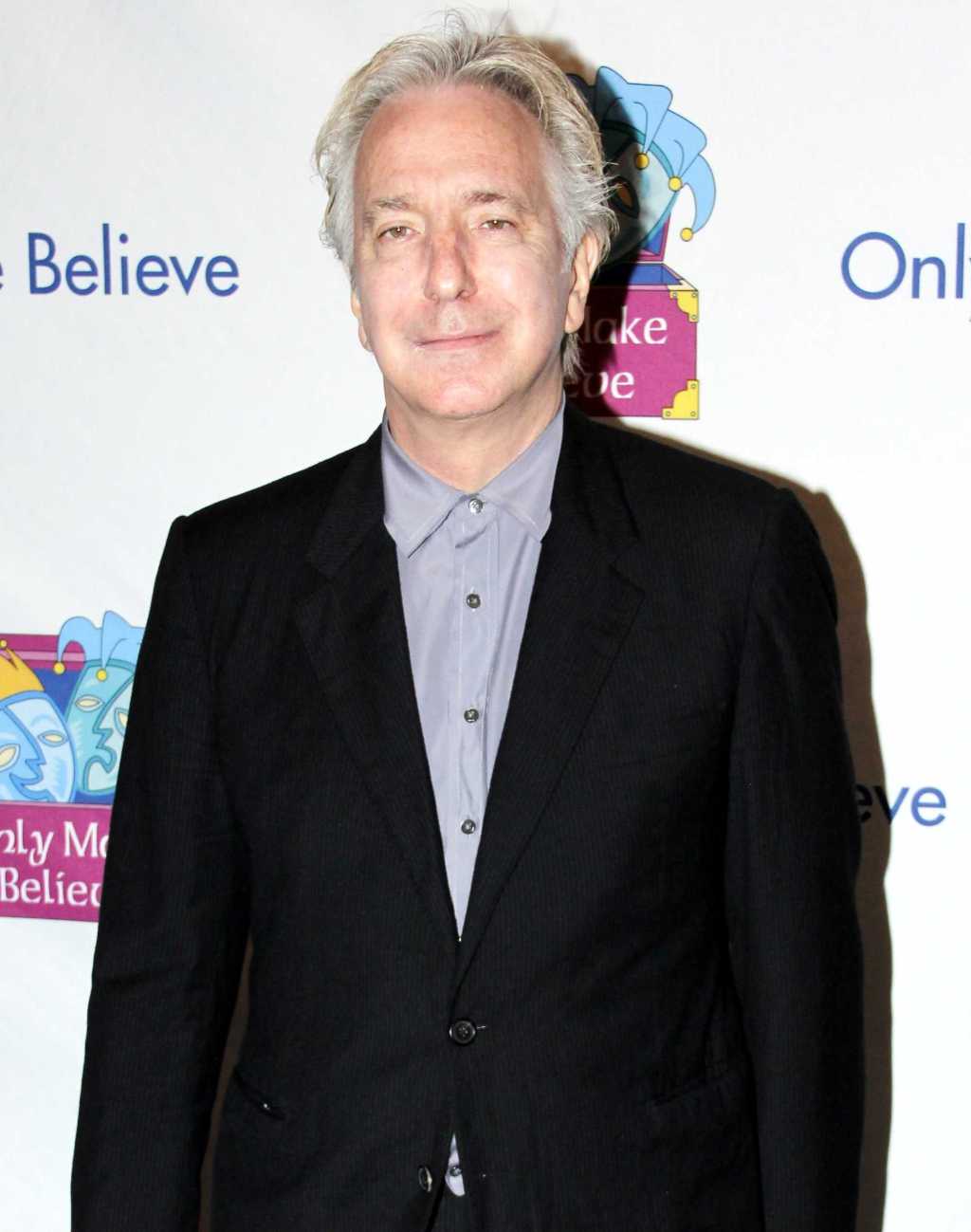Even though Richard Simmons dropped out of the public eye in 2014, the world clearly wants more of the exercise guru. That was made clear when a new teaser trailer for “The Court Jester,” a short film where Simmons is played by Pauly Shore, dropped before its premiere at the Sundance Film Festival.
On the first day of the trailer’s release, it received over 230,000 views on YouTube. The top commenter does a great job of explaining why people are so interested in Shore as Simmons.
“Richard Simmons is an incredibly fascinating man and I’m very eager to see how this turns out,” Dilapsor wrote. “I also think Pauly Shore is long overdue for some sort of career revival and I really hope this helps him achieve that.”
“The Court Jester” appears to be a sneak peek into what we can expect seeing Shore as Simmons in an upcoming full-length biopic being produced by The Wolper Organization, a subsidiary of Warner Bros. In a statement to CNN, the company’s president, Mark Wolper, said the company is in “serious discussions with a major writer to develop this as a dramatic and heartfelt feature in the tone of Little Miss Sunshine.”
The Court Jester | Official Teaser | Pauly Shore is Richard Simmons
That news may excite those who feel Pauly Shore was born to play Simmons. However, the real Richard Simmons isn’t very excited about the news. He commented on the situation in a rare public statement on his official Facebook page.
“I have never given my permission for his movie. So don’t believe everything you read,” he wrote. “I no longer have a manager, and I no longer have a publicist. I just try to live a quiet life and be peaceful. Thank you for all your love and support.”
No one is sure why Simmons refuses to be part of the project; it could be that he’s enjoying his retirement. He could also be reticent for fear that Shore’s casting may make him the butt of the joke in the movie. That would be unfortunate for a man who spent his life helping people overcome their body issues, discuss their mental health challenges and get fit.
“While we would love to have him involved, we respect his desire to privacy and plan to produce a movie that honors him, celebrates him and tells a dramatic story,” the Wolper Organization said in a statement to CNN. “We know he is deeply private, and we would never want to invade that; however, he is an amazing person who changed millions of people’s lives, and the effect he has had on the world needs to be recognized.”
Shore believes that now is the perfect time to celebrate Simmons’ life.
“I’m really excited about sharing Richard Simmons’s life with the world. We all need this biopic now more than ever,” Shore said in a statement. “Simmons represented mental health, getting people in shape and being his authentic silly self!”
Simmons was ubiquitous on American TV from the ‘80s until he stepped out of the spotlight in 2014. His disappearance was the subject of much speculation, with some claiming that he was being held hostage by his housekeeper or that he had transitioned into a woman. However, a 2022 TMZ documentary, “What Really Happened to Richard Simmons,” set the record straight.
According to TMZ, Simmons suffered from knee troubles that prevented him from being the same big, gregarious personality that people have loved for decades. So, he left it all behind.
“He wanted to be remembered as a vibrant, healthy man,” the documentary claimed, “not an elderly man with medical problems. Richard wanted to retreat before his image was recast as an old man. And his knee problems were a huge factor in his decision… He had a right knee replacement a few years back. And still needed a left one. He was in a lot of pain.”

